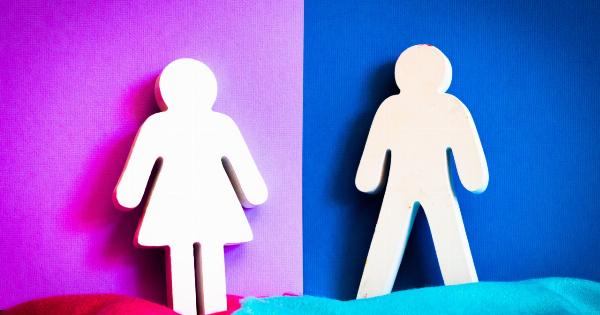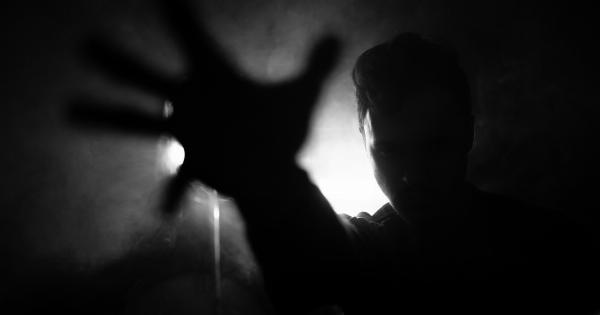Depression is a mental health disorder that affects millions of people worldwide. While it is often associated with women, men can also experience depression.
However, depression in men can be more challenging to recognize and diagnose due to various societal stigmas and stereotypes associated with masculinity. This article aims to shed light on the signs of depression in men so that individuals and their loved ones can seek timely help and support.
The Stigma Surrounding Men and Mental Health
Historically, men have been expected to be strong, stoic, and emotionally resilient. These societal expectations often discourage men from seeking help for their mental health struggles.
As a result, depression in men can go unnoticed, leading to significant consequences for their overall well-being.
Common Signs of Depression in Men
While depression affects individuals differently, there are several common signs that men may exhibit when experiencing this mental health disorder. Recognizing these signs can help open a dialogue and provide much-needed support.
Some of the typical signs of depression in men include:.
1. Changes in Behavioral Patterns
Men with depression may exhibit changes in their behavioral patterns. This can include withdrawing from social activities, hobbies, or relationships that were previously enjoyed.
They may also experience a decrease in productivity, motivation, or engagement in everyday tasks.
2. Anger and Irritability
While depression is often associated with sadness and low mood, men may express their emotional distress through anger, irritability, or aggression.
These emotions can be a way for men to mask or cope with their underlying feelings of sadness or hopelessness.
3. Risky Behavior
Sometimes, men with depression may engage in risky behaviors such as excessive drinking, substance abuse, or reckless driving. These behaviors may provide temporary relief from emotional pain or may be a desperate cry for help.
4. Physical Symptoms
Depression can manifest in physical symptoms such as headaches, digestive problems, chronic pain, or sleep disturbances. Men may be more likely to focus on these physical symptoms rather than acknowledging the underlying emotional distress.
5. Fatigue and Loss of Energy
Feeling constantly tired, experiencing a lack of energy, or finding it difficult to carry out daily tasks can be signs of depression in men. This persistent fatigue can affect their work performance, social interactions, and overall quality of life.
6. Changes in Appetite
Depression can also lead to changes in appetite and weight. Men may experience a loss of appetite and unintentional weight loss or find comfort in overeating and subsequent weight gain. These changes can reflect their emotional state.
7. Difficulty Concentrating
One of the symptoms of depression is difficulty concentrating or making decisions. Men with depression may find it challenging to focus at work, complete tasks, or engage in conversations. This can further affect their self-esteem and confidence.
8. Sleep Disturbances
Depression can disrupt sleep patterns, leading to insomnia or excessive sleep. Men may experience difficulty falling asleep, staying asleep, or waking up too early.
These sleep disturbances can exacerbate feelings of exhaustion and impact daily functioning.
9. Social Isolation
Men with depression may isolate themselves from friends, family, and loved ones. This isolation can be due to feelings of shame, guilt, or the belief that seeking help is a sign of weakness.
Social withdrawal can intensify depressive symptoms and hinder recovery.
10. Suicidal Thoughts
In severe cases of depression, men may experience suicidal thoughts or ideation. It is crucial to take any mention or indication of suicidal thoughts seriously and seek immediate professional help.
Seeking Help for Depression in Men
Recognizing the signs of depression in men is an essential first step. If you or someone you know is exhibiting these signs, it is crucial to seek help from a mental health professional.
Treatment options for depression may include therapy, medication, lifestyle changes, and social support.
Remember that seeking help is not a sign of weakness, but a brave step towards healing and recovery. Breaking the stigma surrounding mental health for men is vital to ensure they receive the support they need.
Conclusion
Depression is a global issue that affects both men and women. By recognizing the signs of depression in men, we can work towards fostering an environment that encourages open conversations around mental health.
Remember to reach out to professionals, support networks, and seek appropriate treatment to promote well-being and improve the quality of life for individuals battling depression.
























